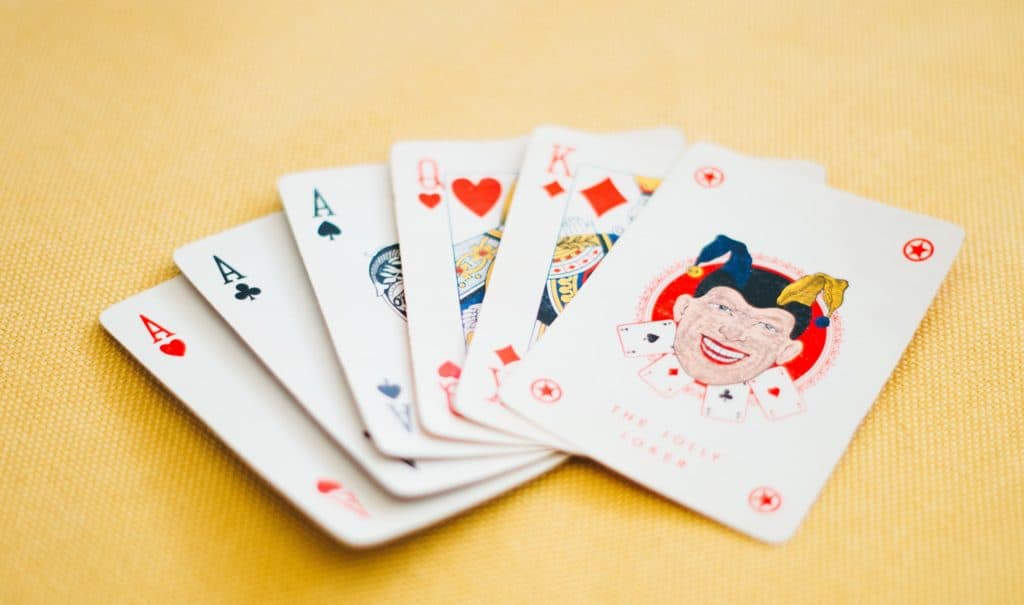If you are like me, you walked into your classroom excited at the thought of teaching your students how to goal set and then you got this reply:
“Ms. I make straight A’s every quarter, I don’t think I need to set any goals.”
“Nah, I’m fine, I don’t need to improve on anything.”
This was how the conversation went when I first introduced goal setting to my class.
It stunk.
And to be honest, it temporarily crush my spirit.
So I put on my teacher hat, and got to work. 👩🏫

Here’s the thing-
Even though I was trying to teach them an important lesson, they were right.
They do make exceptional grades each quarter.
For so many of them, academics came easily.
So, why would a 9 or 10 year old feel as though they needed to improve?
This got me thinking-
What do I say in return to their statement, since they aren’t wrong.
The Thing Is...
It's Not Just About The Grades
I have one student in particular, Mike, who is very bright.
*Teacher note- all names are changed 😉
Mike has:
- Skipped a grade
- Goes up to the next grade level in math class & is outperforming his peers in that class
- Has the highest reading level in the grade
In all honesty, Mike probably has a higher IQ than most successful adults.
But, I know about the power of goal setting, so if you have a group of kiddos similar to mine, here are some other goals to encourage they set for themselves.
Character Goals

As bright as Mike is, grades are not everything and to be frank, his character skills could use some work.
Empathy, kindness, generosity & caring are fundamental skills most children should learn and these attributes can really impact the culture of a school/community.
So here is an example of the conversation that I had with Mike while creating his goal:
Me: “So Mike, what goal have you decided on?”
Mike: “To read really fast! I read too slow”
Me: “You read at a great rate- I don’t think that you are a slow reader at all. Why do you want to read faster?”
Mike: “Because “another student” reads faster than I do.”
Me: “Reading fast isn’t necessarily great- I want you to make sure that you understand what you are reading instead of being the first one done. Is there something else that you can set for yourself to work toward?”
Mike: “No.”
Me: “I know I have had to speak to your family about your behavior impacting your chances at qualifying for specialized school enrichment programs- do you want to focus on a character trait that you have been having a hard time with?”
Mike: “Yeah, you’re right. Maybe I could change my goal to “try to be more helpful to a friend.”
Me: “I think that is a great idea, Mike. What are your mini-goals going to look like to help you achieve this goal?”
It took some thought ahead of time for me and I ran through a couple of possibilities to suggest to this student.
Truth be told, I knew walking into this conversation, Mike could have just said no and that would be that.
This child is very analytical and to the point- knowing this, if I had a weak case for why he needed to change his goal, he wouldn’t go for it.
I needed evidence, thus the school extracurriculars I knew he wanted to join being brought into this conversation.
Community Service Goals
I work in a very affluent neighborhood.
Some of the children live in homes that practically have a moat and have been to more foreign countries at 9-years-old than I have.
They are smart, sweet kids that come from well to do families.
As much of “the American dream” as this sounds, it leaves much to be desired in teaching about community and how you can help a neighbor.

Another example-
My school encourages students to mingle and chat with people who are of grandparent age. In fact, we have this cool program where we go to a “senior living facility” and we do fun activities together.

This one activity in particular was making peanut butter and jelly sandwiches for the homeless.
Before we go, I talk to the class about common reminders.
Things such as:
- This is their home, so please remember your manners
- Remember to introduce yourself
- We brainstorm talking points they can bring up in conversation lulls
- Only take directions from me or a person in a name tag (this lesson was learned the hard way)
Here’s a conversation I had with Kelly.
As we are talking over questions and scenarios, one of my students say:
Kelly: “If they are hungry, why don’t they just go to Subway or Firehouse Subs? I hate peanut butter and jelly- I don;t want to make sandwiches”
Me: “That’s a good question, it’s because not everyone has the money to buy a sandwich whenever they want- sometimes people go hungry”
Kelly: “Why?”
Me: “Because some people need help getting food since it can be so expensive- a lot of people are going to be very happy and thankful that we took the time to make these sandwiches.”
This conversation went on for a while with Kelly insisting that nobody would want a “stupid sandwich a kid made”.
It occurred to me that some of the children from my class have no clue how fortunate they are and that others sometimes need help.
For the next goal setting- I am going to suggest to this child that perhaps she makes a goal to somehow help the community. Perhaps she could volunteer at the local animal shelter or at a food pantry.
I think this goal could be two fold- helping the community while giving themselves something to feel proud of.
Additional Goal Ideas:
Here are a few other ideas you could suggest to your class:
- Organizational goals (Do they lose their stuff?)
- Time management (if they have a hard time getting their work completed in a timely manner)
- Friendship goals (are they arguing or often having drama with friends?)
- Self confidence goals (do they struggle with self confidence? Perhaps daily affirmations could help)
Takeaway
Overall, the main thing that I try to stress to my students is that striving to reach a goal shouldn’t be a walk in the park. It takes some effort and that is why it feels so good to be able to achieve it.
Their immediate reaction when choosing a goal is to pick something that they are already good at.
Instead, I talk to them to find where they are struggling or could improve.
Once we discover where they could focus on, we start with the end goal in mind and work backwards to make a plan to help them achieve that goal.
I remind them that if they don’t reach a mini-goal that they set right away, it is okay. Keep trying and they will the next checking time (we check our goals about once every 10 school days).
Goal setting is a work in progress for everyone and it is so important to ingrain the habit into our students at a young age, so by the time they are adults, this is a regular routine.

